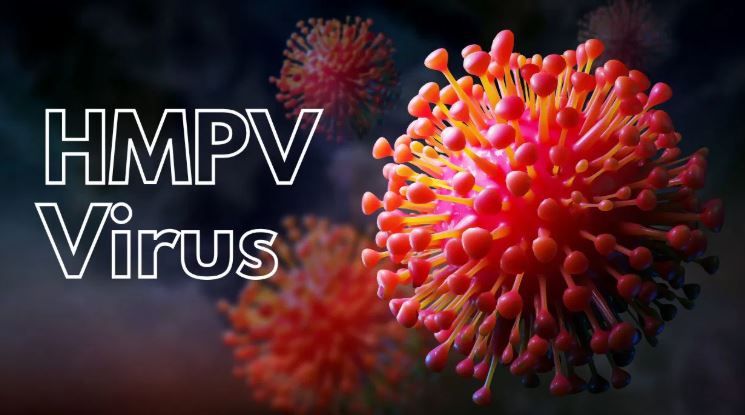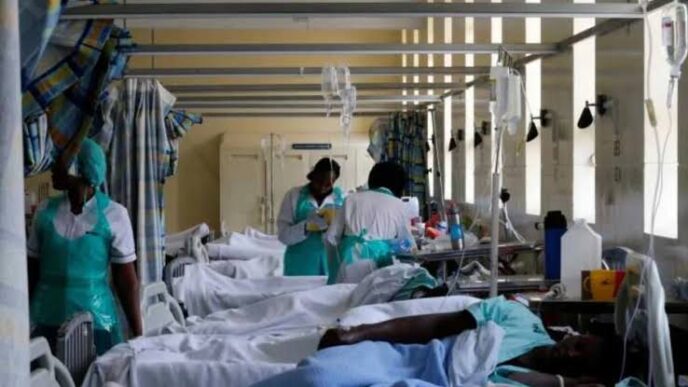Recent reports from China have raised alarms over a surge in respiratory infections, with hospitals reportedly overwhelmed. This increase is believed to be caused by Human Metapneumovirus (HMPV). Although social media posts have painted a picture of a crisis, authorities and the World Health Organization (WHO) have not declared a state of emergency.
As winter approaches, respiratory illnesses tend to peak, which may explain the timing of this surge. Below are some of the key things to know about
1. Discovered in 2001, HMPV is part of the Pneumoviridae family, the same group as Respiratory Syncytial Virus (RSV). It typically causes both upper and lower respiratory infections.
2. HMPV spreads through close contact with infected individuals or contaminated surfaces. Its symptoms are similar to flu or cold: cough, fever, sore throat, runny nose, and sometimes wheezing and shortness of breath.
3. HMPV tends to circulate more frequently in winter and spring, when other respiratory infections, such as RSV and the flu, are also common.
4. Children, the elderly, and those with weakened immune systems are at higher risk for complications. Severe cases can result in pneumonia or other serious respiratory issues.
5. While social media videos claim overcrowded hospitals in China, the WHO has not declared an emergency related to HMPV. Health authorities are closely monitoring the situation.
6. Reports suggest a rise in multiple respiratory viruses, including influenza A, Mycoplasma pneumoniae, and COVID-19, adding to concerns about widespread infection.
7. Young children under five and the elderly are particularly vulnerable to severe symptoms from HMPV, including bronchiolitis and pneumonia.
8. Most cases resolve within a few days. However, some individuals may experience severe respiratory issues, especially those with pre-existing conditions.
9. Despite the surge in infections, no credible source has confirmed a state of emergency in China or elsewhere due to HMPV.
10. There is no specific vaccine for HMPV, but it is important to practice good hygiene, like washing hands frequently and avoiding close contact with infected individuals, to prevent the spread of the virus. While the rise in HMPV cases is concerning, authorities have not raised alarms of a new pandemic. For now, health systems are taking necessary precautions to manage the spread.
Source: https://www.dnaindia.com/








